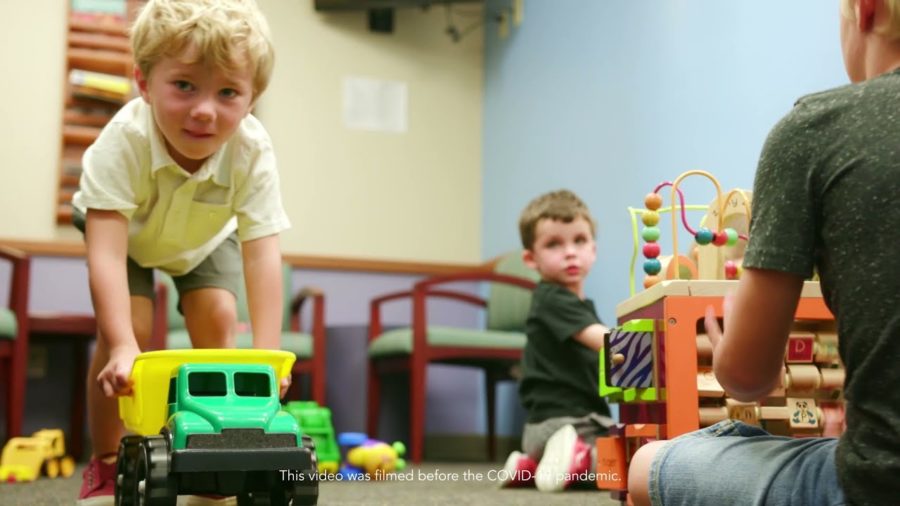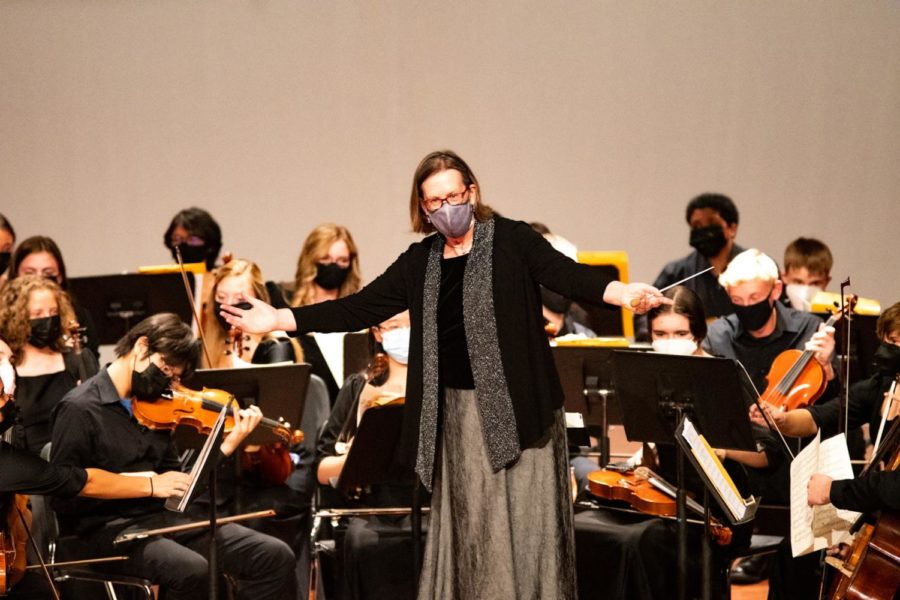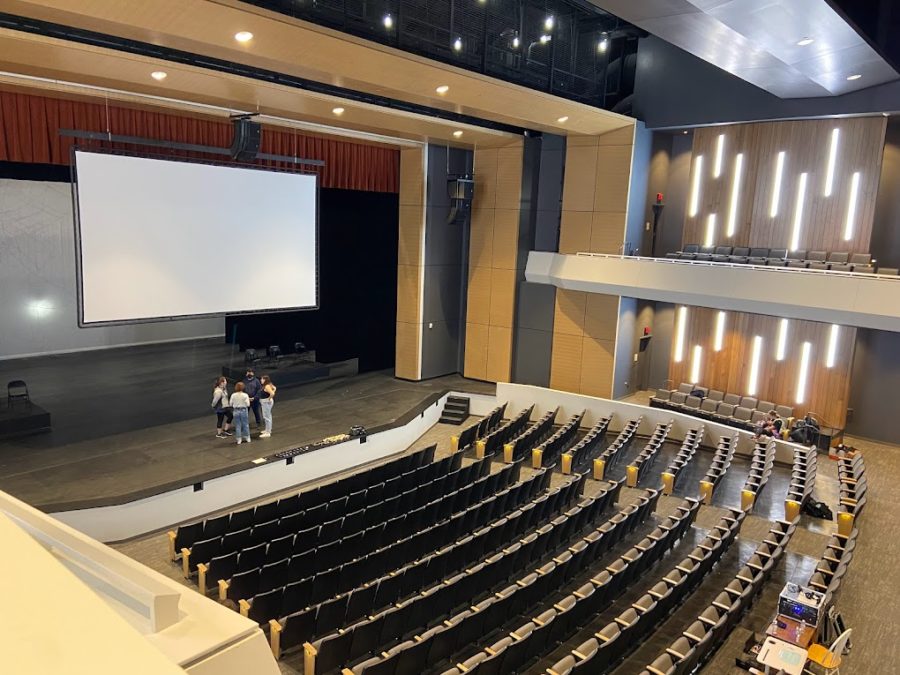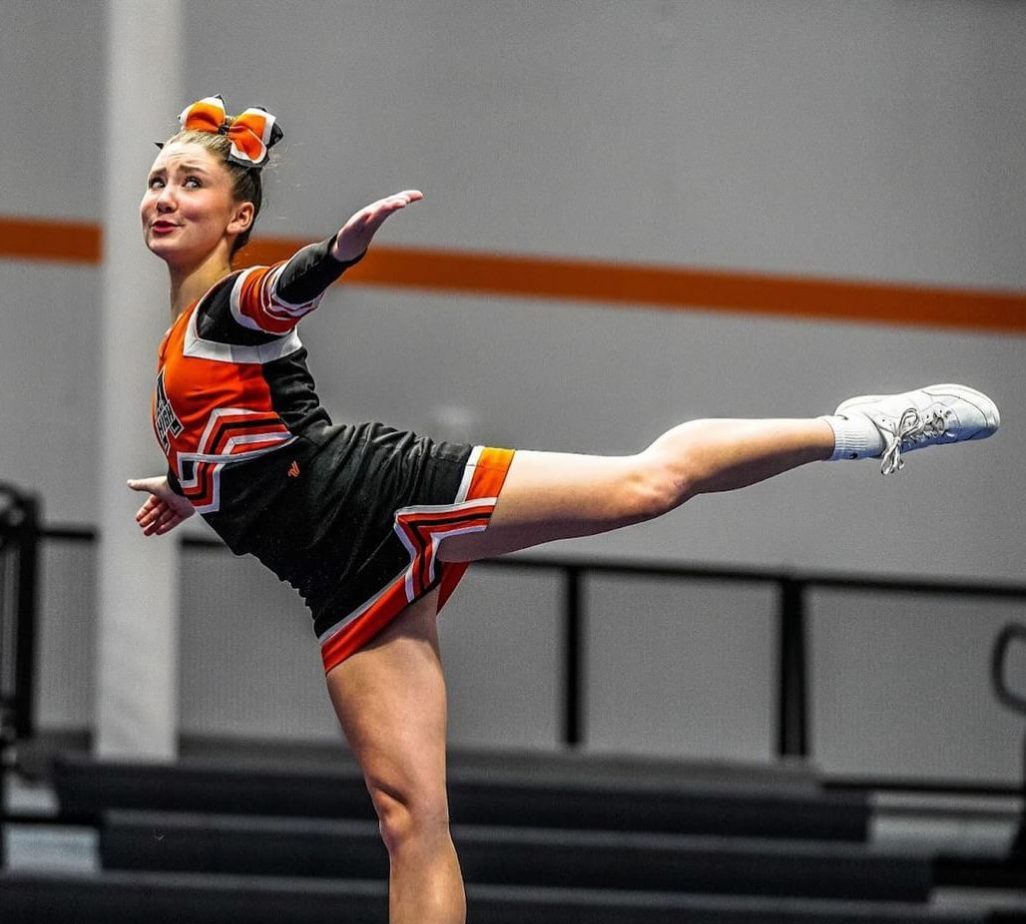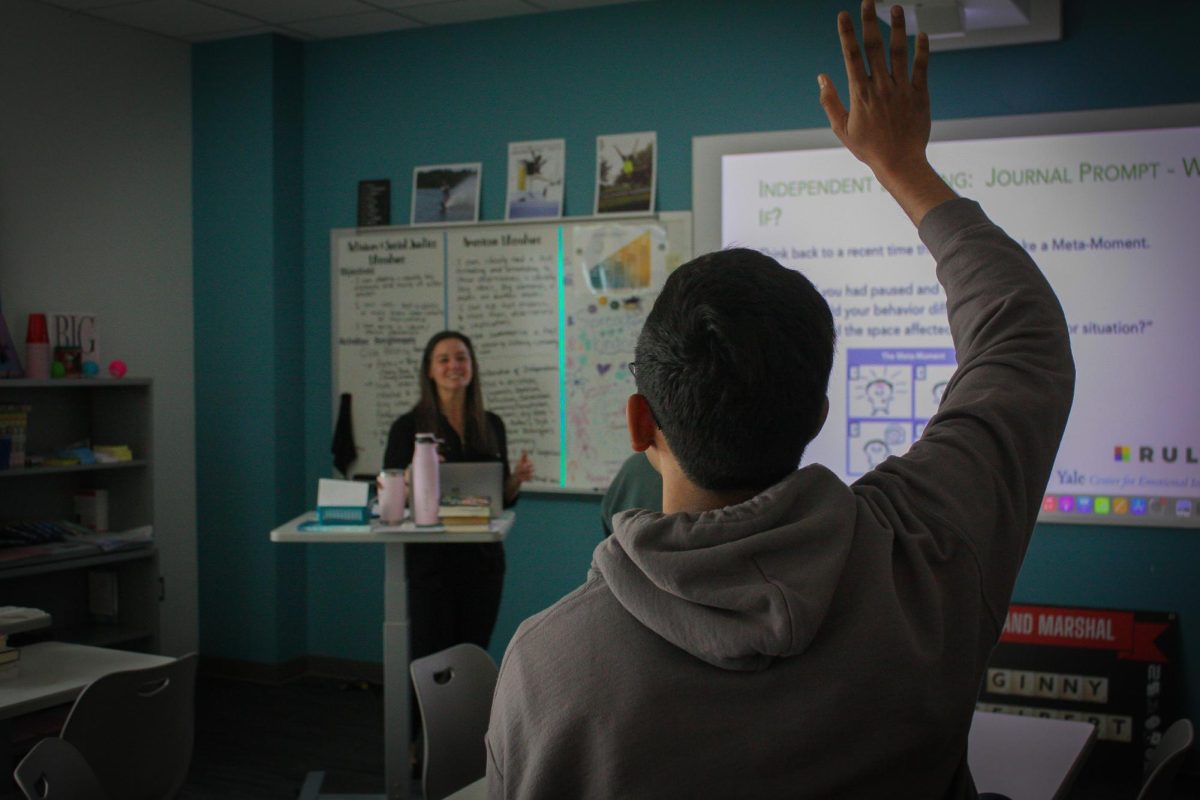Senioritis, defined as a decrease in motivation in studies displayed by students that generally occurs towards the end of their high school careers, has swept the halls of Ames High School. Not only has it infected many seniors, but their symptoms are also far more serious then the typical infection. Those infected show symptoms, some of which include slowness, procrastination, apathy regarding schoolwork, and a tendency toward truancy, also known as playing âhooky.â âI actually never do homework at home. Sometimes I donât even bring my backpack home,â senior Rohan Agarwal said. âI get together with my friends to do our chemistry lab and then three hours later we havenât done anything, so I just do it in class the next day.â Agarwal is just one of the many seniors seen doing homework in classes. âItâs just not common to hear of doing homework at home anymore,â senior Elizabeth Cohea said. For some, senioritis is affecting their daily routine. Not only has it had a drastic effect on school, but the entire lives of young seniors are being infected. âItâs definitely affecting my sleep,â senior Jessie Svec said. âI put everything off until the very last minute.â Although many students have homework, some have completely eliminated it by taking as few classes as possible, or taking easier ones that donât have much homework. With the more severe cases of senioritis, seniors have almost eliminated classes all together. âI donât have any high school classes until 6th period. Itâs nice to have ISU classes because theyâre optional,â senior Aaron Jacobson-Swanson said. Senioritis has been known to be severely contagious, only making the situation worse, and has a low recovery rate. Very few students make a full or any recovery before the end of the school year. The very rare and occasionally cured student only occurs after intense treatment. Treatment for senioritis can include several reality checks a day, poor grades, and extremely disappointed teachers. Although treatment may be affordable and easy, recovery is highly uncommon. Most students end their case of senioritis by completing the school year. âI try to be in school the least amount of time I can,â senior Katie Linduska said, âIâm beginning a count day until graduation day.â While itâs mostly only seniors who contract this infection, thereâs no saying who will get it next. âItâs not really senioritis any more,â senior Joe Thompson said. âItâs more like schoolitis.â
Categories:
Second semester seniors, guys. We rule the school.
Mashette Syrkin-Nikolau
•
March 30, 2007
Story continues below advertisement
0
Donate to The WEB
$75
$450
Contributed
Our Goal
Your donation will support the student journalists of Ames High School, and Iowa needs student journalists. Your contribution will allow us to cover our annual website hosting costs.

